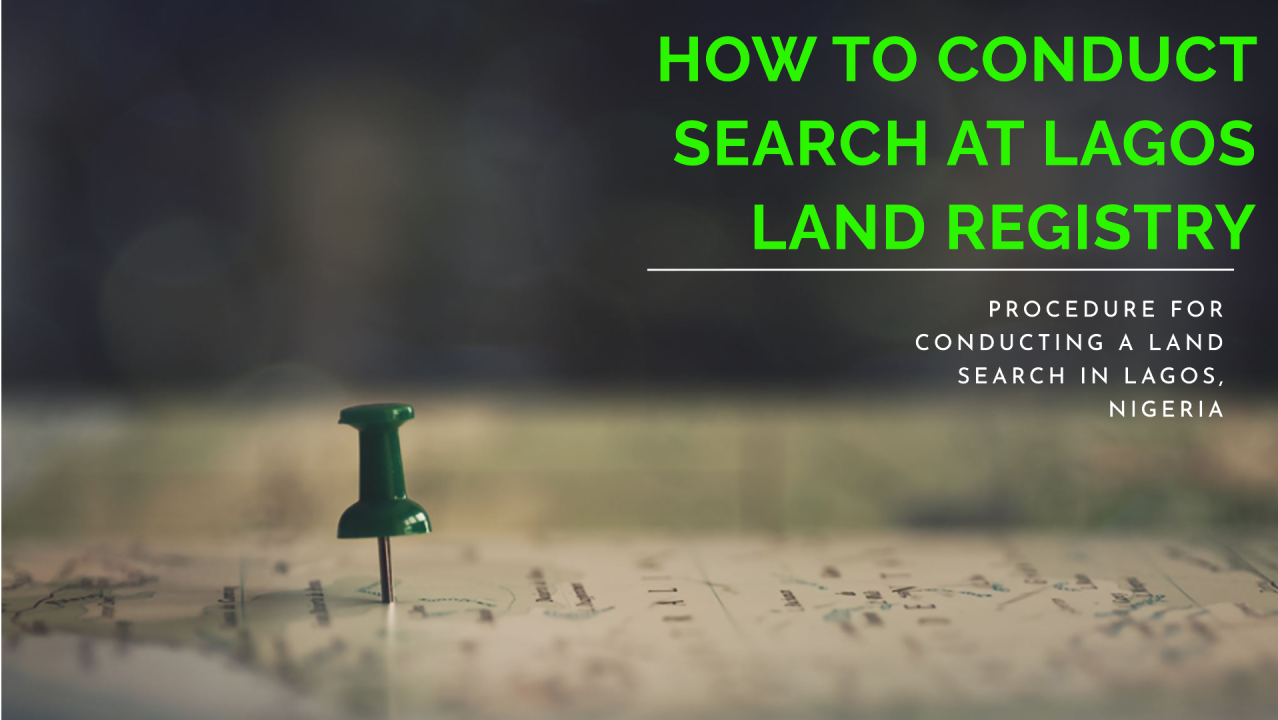In Nigeria’s booming real estate market, conducting a thorough land title search is crucial for protecting investments and ensuring secure wealth management. With property fraud cases exceeding 70% involving title issues, buyers and investors risk significant losses without proper due diligence. At Penlit & Greyson Legal Practice, a trusted intellectual property law firm in Nigeria, we specialize in legal services for technology platforms and real estate transactions, helping clients verify titles to safeguard their assets. This guide outlines the step-by-step process for a land title search in Nigeria, incorporating 2025 updates on requirements, costs, and pitfalls.
Whether you’re acquiring land for development, inheritance planning, or portfolio diversification, understanding this process minimizes risks and aligns with Nigeria’s Land Use Act of 1978. Read on to learn how to perform a search effectively and why professional legal guidance is essential.
Why Conduct a Land Title Search in Nigeria?
A land title search verifies ownership, reveals encumbrances (e.g., liens or disputes), and confirms the property’s legal status. In wealth management, real estate forms a core asset class, but unregistered or fraudulent titles can lead to disputes, financial loss, or invalid transactions. For instance, the Economic and Financial Crimes Commission (EFCC) reports that over 70% of real estate fraud involves title discrepancies.
Key benefits include:
- Risk Mitigation: Identifies if the land is under government acquisition, has pending litigation, or is subject to family disputes.
- Wealth Protection: Ensures the property can be used as collateral for loans or inheritance without legal hurdles.
- Compliance: Aligns with the Land Use Act, requiring Governor’s Consent for transfers.
- Investment Confidence: In 2025, with rising urbanization, verified titles boost property value and resale potential.
Skipping this step can result in costly court battles or total loss of investment. For personalized advice, contact our real estate experts at Penlit & Greyson—visit our services page for more.
Step-by-Step Guide to Conducting a Land Title Search in Nigeria
The process varies slightly by state but generally follows these 2025-updated steps at the state’s Land Registry (e.g., Lagos State Land Registry or Abuja Geographic Information System – AGIS). Engage a lawyer early to avoid errors.
Step 1: Gather Preliminary Information
- Obtain the seller’s title documents, such as the Certificate of Occupancy (C of O), Deed of Assignment, or Survey Plan.
- Note the property’s location, plot number, and coordinates for accurate search.
- Verify the seller’s identity to prevent fraud.
Step 2: Submit Application at the Land Registry
- Visit the relevant state Land Registry (e.g., Alausa in Lagos).
- Fill out an application form for a legal search, providing property details and paying the fee.
- Requirements: Valid ID, application letter, and proof of payment.
- Processing time: 5-14 days.
Step 3: Verify Survey Plan and Coordinates
- Commission a registered surveyor to cross-check the survey plan against government records at the Surveyor-General’s Office.
- Ensure no overlaps or encroachments.
- Cost: ₦50,000-₦100,000 depending on location.
Step 4: Check for Encumbrances and Litigation
- Review the search report for mortgages, liens, or disputes.
- Conduct a court search at the state High Court for pending cases.
- If issues arise, seek resolution or abandon the deal.
Step 5: Obtain Governor’s Consent (Post-Search)
- For transfers, apply for Governor’s Consent to legalize the transaction.
- Processing: 3-12 months; cost varies (e.g., 3% of property value in Lagos).
Essential Documents for Land Title Search in Nigeria
Prepare these for a smooth process:
- Certificate of Occupancy (C of O): Primary proof of ownership under the Land Use Act.
- Deed of Assignment: Transfers interest from seller to buyer.
- Survey Plan: Demarcates boundaries; must be registered.
- Governor’s Consent: Required for resale legality.
- Proof of Payment/Receipts: For fees and taxes.
Missing documents can invalidate the search.
Costs Involved in Land Title Search (2025 Estimates)
Costs vary by state:
- Search Fee: ₦10,000-₦20,000 (residential/commercial).
- Survey Verification: ₦50,000+.
- Governor’s Consent: 1.5-3% of assessed value.
- Legal Fees: ₦50,000-₦200,000 for professional assistance.
Budget 10-15% of property value for full due diligence.
Common Pitfalls and How to Avoid Them
- Fraudulent Titles: Always verify at the registry; fake C of Os are common.
- Unregistered Land: Excision or gazetted land may lack full titles—check status.
- Family/Community Disputes: Rural lands often have ancestral claims; conduct community inquiries.
- Outdated Records: Digitization in states like Kaduna helps, but manual checks are vital.
Tip: Use GIS-based systems where available for faster verification.
The Role of Legal Experts in Real Estate Wealth Management
Navigating Nigeria’s land laws requires expertise to avoid pitfalls. At Penlit & Greyson Legal Practice, we offer comprehensive legal services, including title searches, due diligence, and contract drafting. Our team ensures compliance, protecting your wealth through secure real estate investments. Explore our real estate services or contact us for a consultation.
In wealth management, verified titles enable asset diversification and legacy planning. Partner with us to integrate real estate into your portfolio seamlessly.
Conclusion: Secure Your Real Estate Investments Today
Conducting a land title search in Nigeria is a non-negotiable step for successful real estate and wealth management. By following this 2025 guide, you can avoid fraud and build a solid foundation. For expert assistance, reach out to Penlit & Greyson Legal Practice—your partner in legal excellence. Visit penlitgreyson.com/contact to get started.



